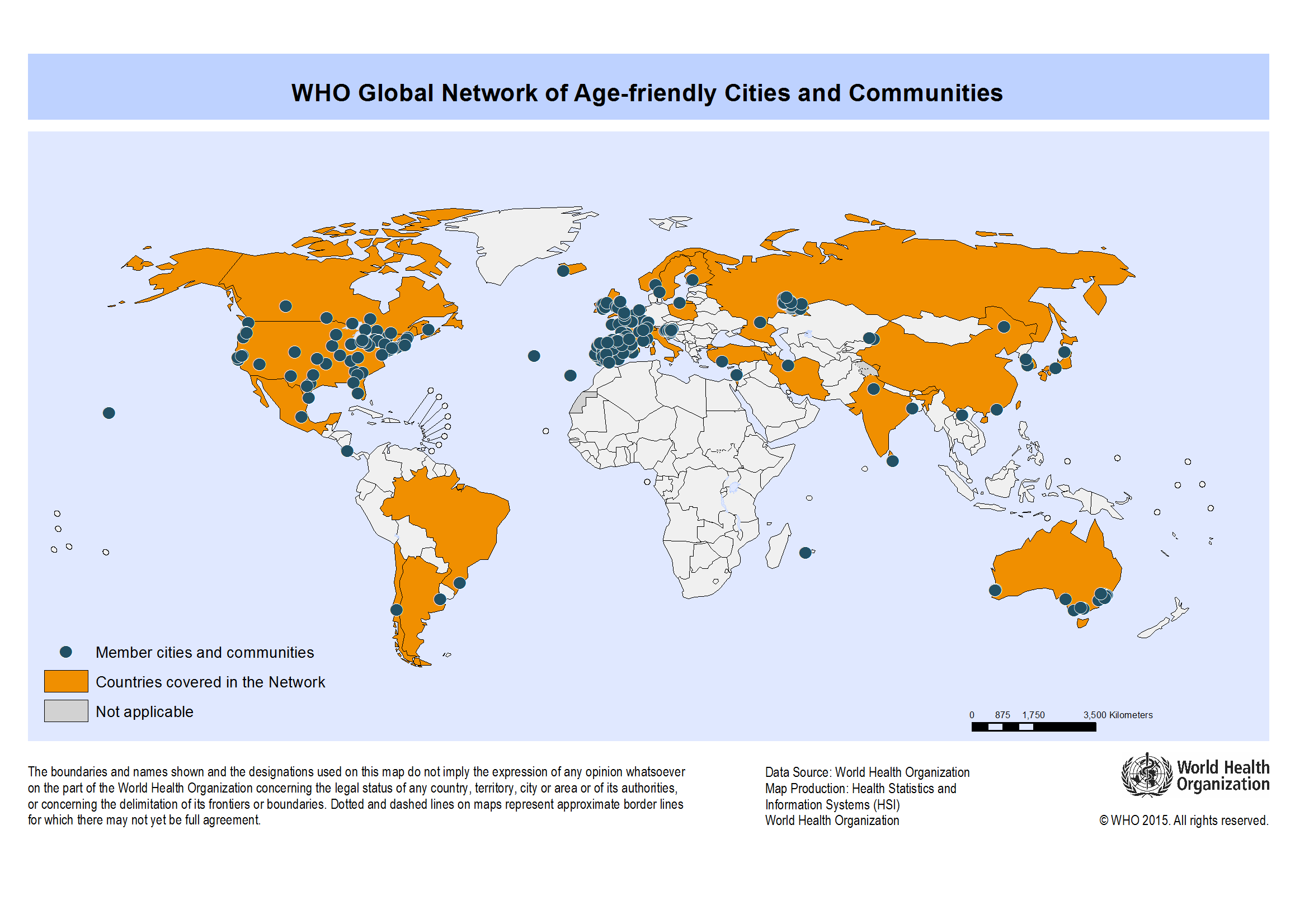

In order to explore the pertinence of the WHO guidelines to social inclusion of older adults, content analysis was conducted on each checklist item in the WHO guideline to identify its relation to the four dimensions of social exclusion, which are social interaction, production, consumption, and political engagement. Many aging societies are implementing social inclusion of older adults as one of their key policy agendas to create a more sustainable and healthy society, in recognition that age functions as one of the essential factors accelerating social exclusion and declining physical and mental health of those affected. Social exclusion refers to the marginalization of individuals and groups from important economic and social opportunities in the society. This study analyzed the World Health Organization’s (WHO) Global Age-Friendly Cities Guide to observe its role in embodying social inclusion of older adults in attempts to prevent social exclusion.


 0 kommentar(er)
0 kommentar(er)
